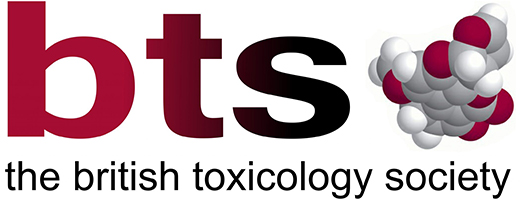Industrial Toxicology
The industrial toxicologist plays a vital role in developing a wide range of effective and safe products, including petrochemicals, medicines, pesticides, cosmetics, food and drink, and household products.
Every company that makes a product or substance has a duty of care to its customers to ensure it is safe for its intended use. This means many companies must check to make sure that the products they sell (and their constituent chemicals) do not pose a risk to human health. They need to consider not only whether the product poses a risk to consumers, but also to production workers in their factories, professionals who may be exposed to a product more frequently than a typical consumer (such as hairdressers), and also whether the product could harm the environment after it has been used.
How much safety information is required on a given product often depends on the likely level of exposure, which will depend on how much of the product is made, its intended use, how much is used, and for how long. For example, we may want to know far more about a food additive than a new additive that makes up a small part of car engine oil. Particular industries, such as the pharmaceutical and pesticide industries, often need to conduct many studies and experiments to demonstrate the safety of the chemicals they develop. Although many naturally occurring food ingredients are assumed to be safe, where new ingredients or additives are developed, these too must have a robust safety package.
With a huge variety of products and chemicals being constantly manufactured, industrial toxicologists are employed in a wide range of companies. In a large company they may specialise in a particular area, such as genetic or reproductive toxicology, pathology, clinical biochemistry, toxicokinetics or ecotoxicology. On the other hand, a small company might employ only one industrial toxicologist, who would need a broader understanding of all aspects of toxicology.
Nowadays, few companies have laboratory facilities to conduct their own toxicology studies. So, when there is insufficient safety information about a chemical in their product, industrial toxicologists may also oversee toxicology studies that are conducted by specialised contract research organisations (CROs). Larger companies sometimes form trade associations so they can work collaboratively to solve issues that affect all businesses in an industry. For example, European regulators have set a deadline for animal testing to be phased out for cosmetic ingredients, so toxicologists in many cosmetics companies have been working with each other to try to develop alternatives to animal testing.
In many cases, the industrial toxicologist will work closely with regulatory authorities to ensure that a company’s products and production processes conform to local, national and international regulations.
Real Life Stories

